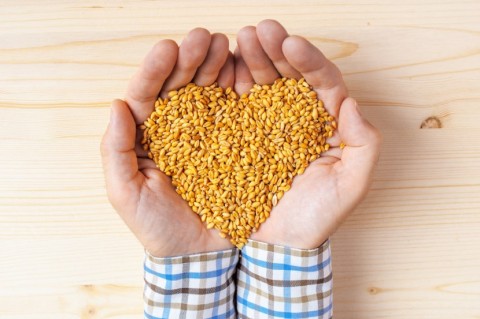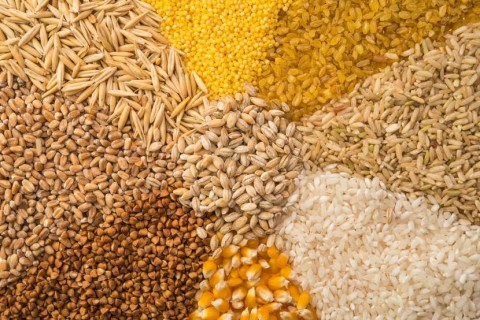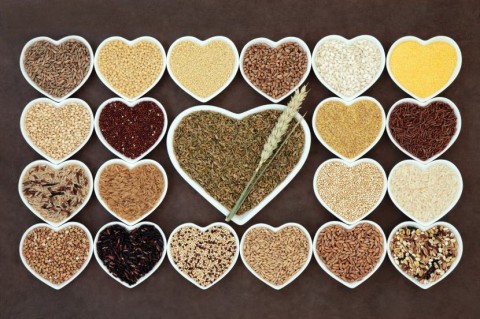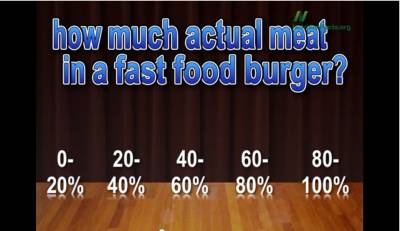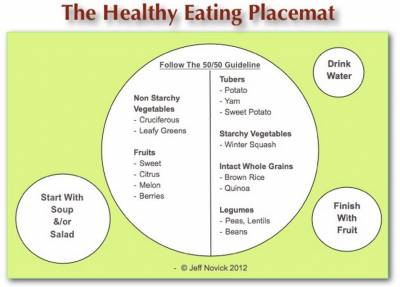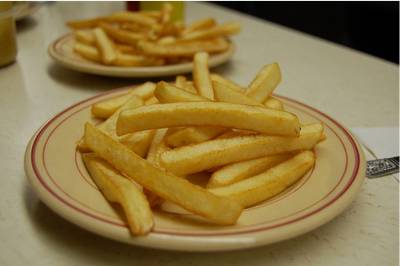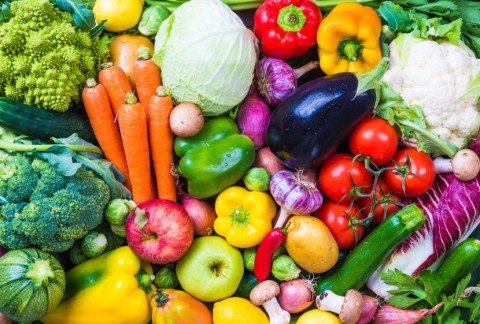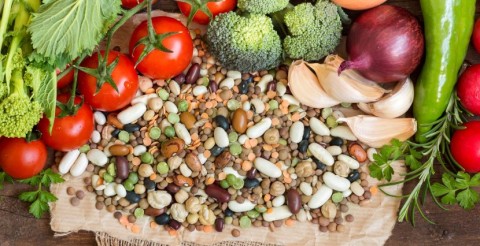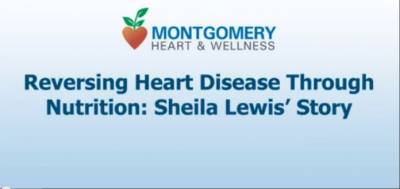What do you eat if you dont eat meat? Grass? Well, not quite although many of the seeds of grasses, also known as grains, have played an important role in human diets for thousands of years. Yet, despite the historical evidence of vast civilizations thriving on grain-based diets, whole grains have recently come under attack,...
DrCarney.com Blog
There are so many delicious ways to use grains. They can be eaten alone, mixed with other grains and beans, or added to vegetables, chili, salads, soups, stews, veggie burgers, and even desserts. Breakfast, lunch and dinner - using whole grains can be a fun and delicious addition to a health-supporting diet. Would you like to learn how to add more whole grains into your diet?
Whole, intact, grains can be an essential component of a whole-food, nutrient-dense, Starch-Smart® diet. A whole grain consists of all three parts of the kernel, which are the bran, germ, and endosperm. When any of these are removed in processing, then it is no longer considered a whole, intact, grain. Many people today believe that whole...
Many people believe they can't live without meat. And, they eat lots of it. Or at least they think they do. However, many people including children on the Standard American Diet (SAD) are actually eating a lot less meat than they think. Certainly that is the case for SAD eaters feasting extensively on fast foods. So, you might ask, if they are not eating meat what are they eating? Are you sure you really want to know?
The first few trips to the grocery store will take a little longer as you make the transition to a whole-food, nutrient-dense, plant-based diet. But after you learn some label reading guidelines, and the basic principles of a plant-based diet, you'll be able to zip through the store easily. This informative video of Chef AJ shopping...
John Robbins, who left the family business, Baskin-Robbins Ice Cream, to pursue health explains that when autopsies are done, and the material clogging the arteries is removed and sent to the pathology lab, the lab results always return stating the same thing: "Saturated fat and cholesterol... never once has the report ever stated broccoli and tofu."
Upon deciding to make changes towards a more health-supporting diet many people wonder what food to put on their plate. If this is you then a good graphical representation can be worth a thousand words. There are many valuable visual representations on the Internet, all with slight variations. One of my favorite nutritional experts has created...
Hectic schedules, working overtime, extracurricular activities - all the reasons why fast food restaurants are so appealing. We've become so accustomed to eating on the run, that preparing a sit-down, hot meal with our families almost seems peculiar. What we don't realize, however, is that these fast foods not only promote childhood obesity, diabetes, and the beginning stages of heart disease, they are now suspected of negatively affecting school performance and learning.
Daily aspirin therapy is often recommended by physicians to reduce inflammation and the risk of heart attack and stroke. Recently though, researchers found that people who don't take aspirin have low levels of aspirin in their bloodstream. How did it get there? Where is it coming from? and Why?
Researchers discovered that "aspirin is widely distributed throughout the plant kingdom". When aspirin blood levels were measured in those who eat a plant-based diet, surprisingly, some of their aspirin levels were found to be as high as other people who were taking aspirin as a drug. Therefore, researchers concluded that eating a plant-based diet offers the benefits of aspirin therapy, yet without the associated risks such as the risk of bleeding like hemorrahagic strokes.
Contrary to popular beliefs, human protein requirements are actually quite low. Dr. John McDougall explains by saying, "Our greatest time of growth, which is the time of our greatest need for protein - is during our first 2 years of life - when we double in size. At this vigorous developmental stage, our ideal food is human...
Shelia Lewis was diagnosed with cardiovascular disease at the age of 46. Tests revealed that she had congestive heart failure, along with hypertension, and an 85% blockage of one of her coronary arteries. Instead of choosing an invasive procedure such as bypass surgery, she made an appointment with Dr. Baxter Montgomery, a cardiologist in Houston, Texas. Dr. Montgomery reverses heart disease using a whole-food, nutrient-dense, plant-based diet. After only 5 months on a plant-based diet, Sheila's repeat heart catheterization procedure showed that the blockage had completely disappeared.
Cancer is currently the second leading cause of death in America, following very closely behind heart disease. And like heart disease, many cancers can be prevented through dietary and lifestyle interventions. I am pleased to share with you some excellent resources offered by the Physicians Committee for Responsible Medicine (PCRM). The Food For Life Cancer Project Diet and Cancer page examines factors that contribute to the development and progression of various cancers and how a whole-foods, nutrient-dense, plant-based diet can reduce the risk of developing cancer. This is an excellent place to become acquanted with foods that prevent cancer and to browse the their latest resources.

